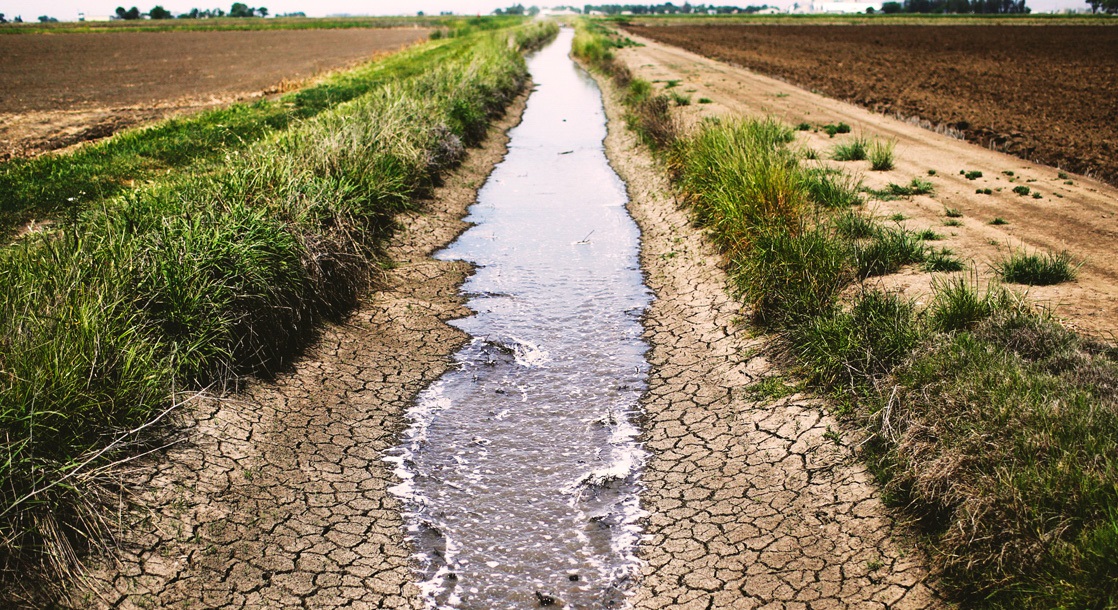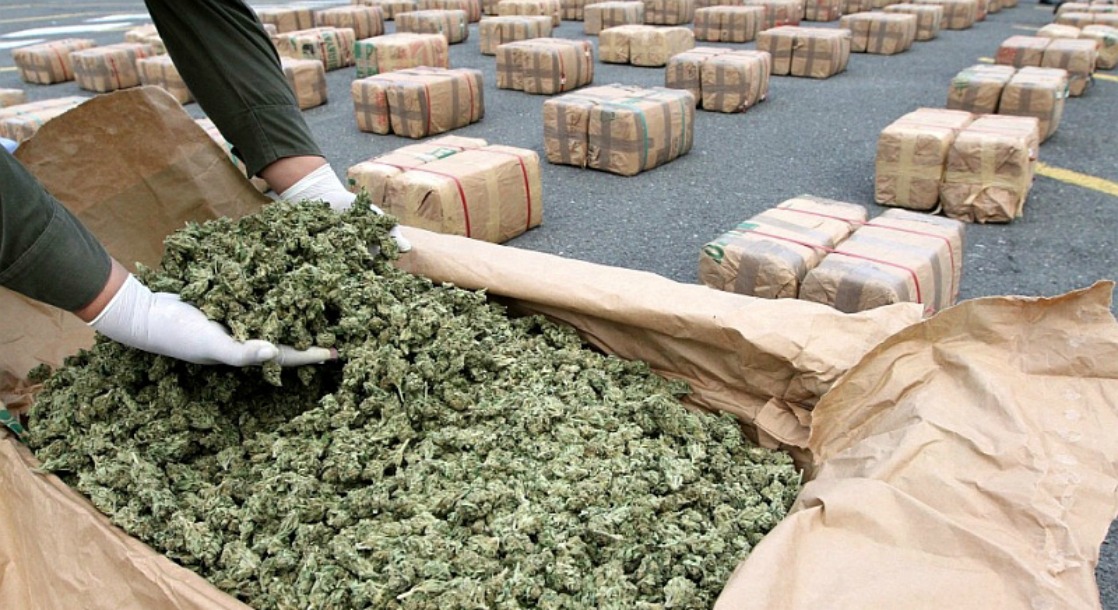Cannabis is a thirsty plant. In the echelons of water-wasting enterprise, a large grow operation probably falls within the Golf Course/Billionaire’s Menagerie level, which is bad news when one of the states with the most demand for cannabis also happens to be one of the state's most regularly affected by severe dryness.
While environmentalism isn’t usually the first angle taken by cannabis activists when discussing legalization, in California it could just be the issue that squeaks legalization over the line.
Unmonitored grow operations, which make up a large part of the recreational use market in the state, are the greatest offenders through no real fault of their own. By taking the amount of water they need to yield a crop, each illegal grower contributes an unspecified, unregulated fraction to the lack of water currently plaguing the state. Were cannabis legal, these grow operations would be registered and their water use monitored by the state of California. Illegal grows would be reduced to the fringe status of moonshiners and their negative impact on water supply would be negligible.
Can legalizing weed end California’s drought? Maybe. But having legal weed in the first place could have probably prevented it.
Other plants that require such a large amount of water to survive, such as almonds, have been ripped up orchard by orchard to conserve. It’s a desperate ploy and one that will cause misery to a number of farmers while illegal cannabis growers continue to fly under the radar and grow as they will.
If the state’s voters and legislators were unsure of whether legalization was the right decision, hindsight must be 20/20 by now. Cannabis is widely said to be one of California’s most lucrative cash crops, and as of right now prohibition means a wild west atmosphere where environmental needs are taking a backseat to money making interests for no other reason than the black market’s momentum dictates a constant stream of cannabis.
As California faces its worst drought in 1,200 years, the War on Drugs can be held responsible for at least some degree of the severity. Had there been a well-regulated recreational cannabis industry in place, there’d be more water for fighting fires, rationing for agriculture, and public consumption.











